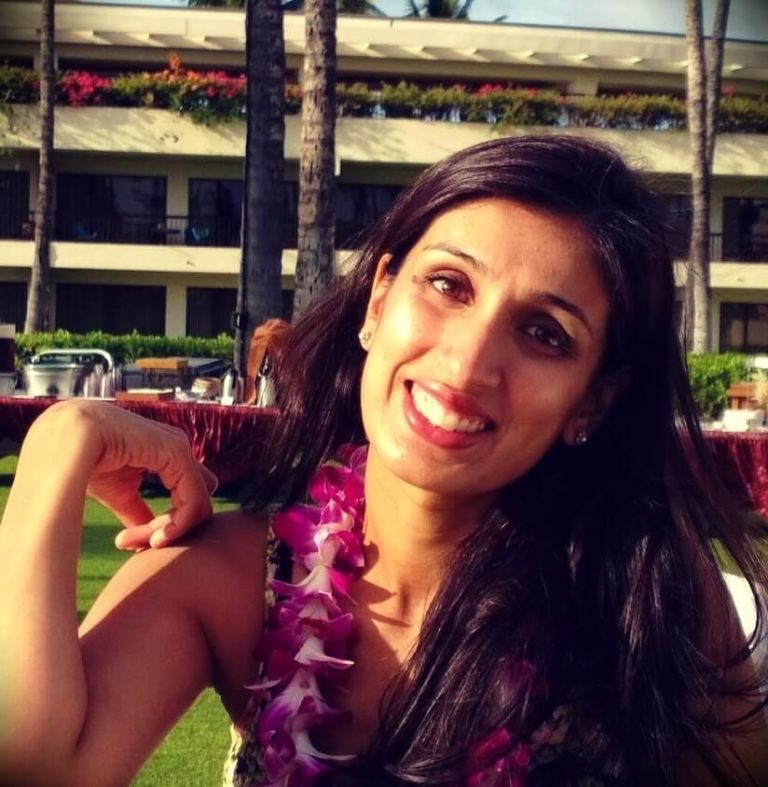

moving along and most schools resuming in-person learning, EdSurge caught up with Khan to discuss what the last year has been like for Khan Academy, what he’s learned and what he’s planning to do next. “Every now and then, it's been hard to do a call while the kids are screaming or something like that, but between meetings, to see them or have lunch with them or go on a walk with them, that part has been actually quite nice.” “Obviously, some aspects have been suboptimal for everybody,” he says, acknowledging that his family has been extremely fortunate.

The prolonged time at home was not without its challenges, Khan admits. Their children, who attend Khan Lab School in Mountain View, Calif., were relatively well-positioned to take on remote learning when it was forced onto students last spring-the school is tech-savvy, yes, but it also promotes student agency and goal-setting, he explains-and they transitioned “almost seamlessly” to the new environment, Khan shares. He worked from their home, while his wife, a physician, saw patients remotely and in person. “Who would have thought that a pandemic would have made education such a hot topic-would have made online education, and Khan Academy, almost like an essential service?” wonders Khan during a recent interview with EdSurge.Īs his education work expanded, Khan was hunkered down with his family in the Bay Area. “A lot more folks started leaning hard on us,” says Khan, the founder and CEO of Khan Academy, a nonprofit that provides free educational resources. The very week that the pandemic closed schools in the U.S., usage on Khan Academy’s platform soared.

Over the last year, he’s helped Khan Academy manage a three-fold user increase, has grown and developed an online program geared toward early learners, and launched a new peer-to-peer tutoring platform to keep students connected and learning during the pandemic.


 0 kommentar(er)
0 kommentar(er)
